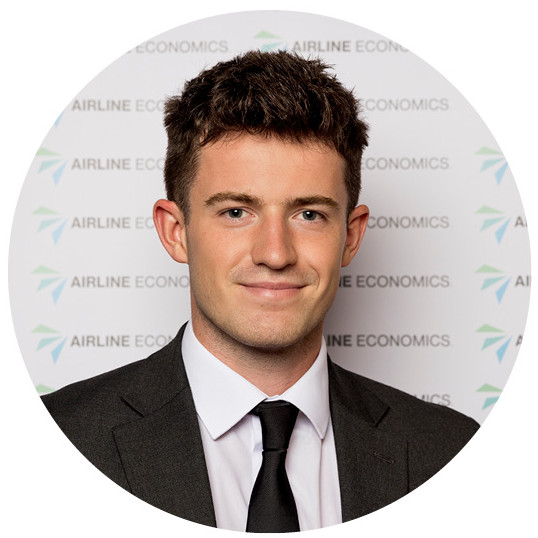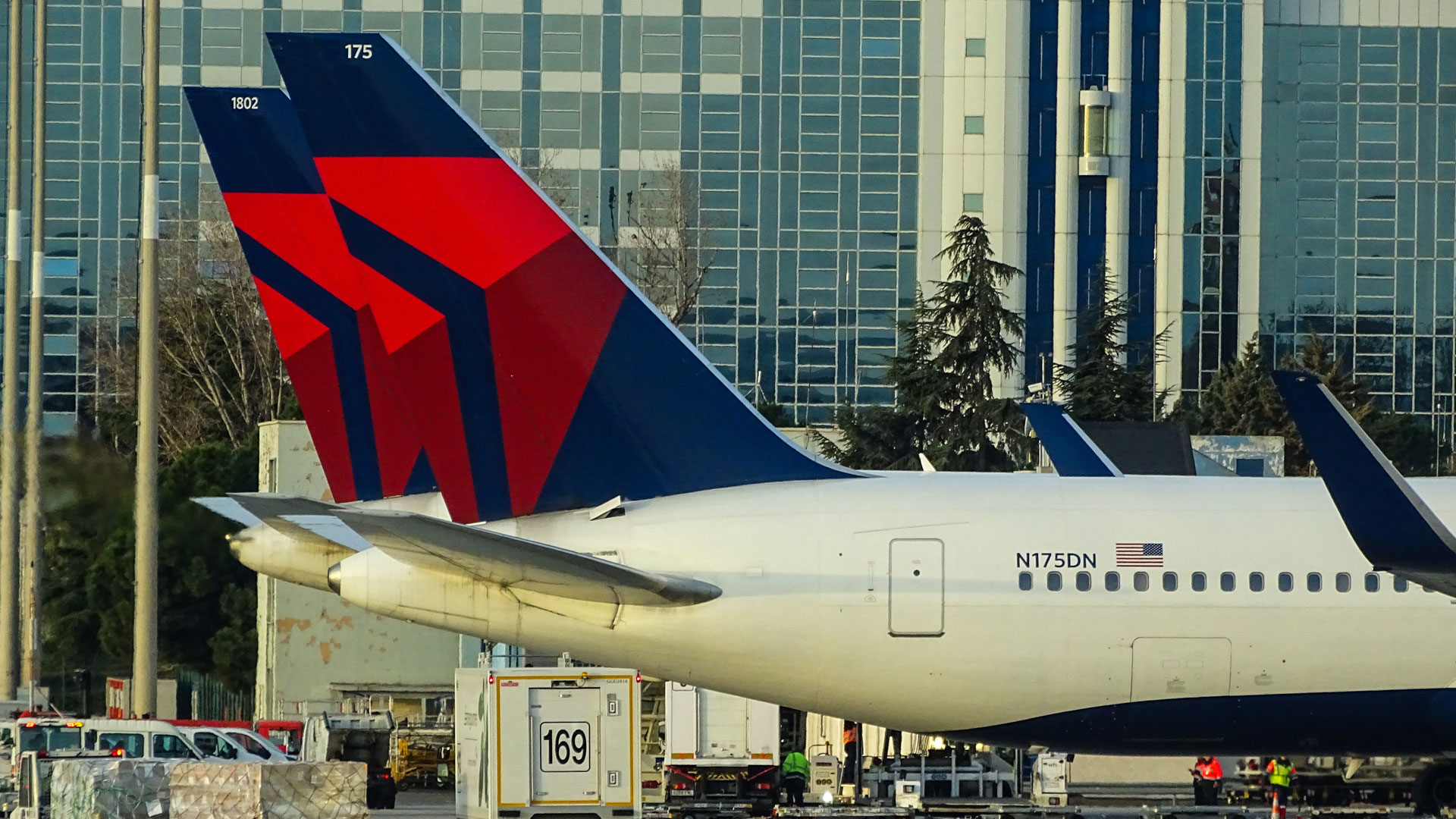Delta Air Lines has projected lower-than-expected profits for the second quarter of the year, with the airline also reducing planned capacity growth in for the second half of 2025.
This in response to what Delta described as a lack of “economic clarity” in the wake of President Trumps sweeping global tariffs, noting this as a reason for why the airline held off on updating its full-year financial guidance.
“With broad economic uncertainty around global trade, growth has largely stalled," said Ed Bastian, CEO of Delta. “In this slower-growth environment, we are protecting margins and cash flow by focusing on what we can control.”
Bastian added: “This includes reducing planned capacity growth in the second half of the year to flat over last year while actively managing costs and capital expenditures.”
US President Donald Trump imposed a sweeping set of new tariffs on countries around the world on April 2, 2025, arguing that these new measures will help protect American business, allowing the country’s economy to flourish. The aviation industry is now moving to assess the situation.
Following the tariff announcement, airlines shares fell in after-market trading as Trump laid out his tariff strategy, reversing any earlier made gains. US carriers felt the brunt, with Delta Air Lines shares falling 3.6%.
In the wake of these tariff announcements, Greg Hauenstein, the airline’s president, stated on an earnings call for the airline's first quarter results, that Delta did notice an initial dip in bookings, after President Trump announced these measures, but sales have since rebounded.
“International bookings are strong through early summer, running into September and October,” said Hauenstein. It was also stated that the airline has seen no significant rise in flight cancellations.
Delta said it expected to earn between $1.5bn and $2bn in the second quarter, having reported a 7% decline in first-quarter operating income when compared to results posted for the first quarter of 2024.
During the first quarter of the year, operating income totalled $569 million, with an operating margin of 4%.
Similarly, operating revenues were $14.04bn and net income for the quarter totalled $240 million, up from $37 million a year prior and pre-tax income totalled $320 million with a pre-tax margin of 2.3%. Earnings per share (EPS) were $0.37 and adjusted EPS was $0.46; The airline also recorded an operating cash flow of $2.4bn for the three-month period.
Fuel prices came in $0.03 higher than expectations, but Delta closed the quarter with gross leverage at 2.6x.
These quarterly results follow what Delta described as its “most profitable December quarter” in its history, with its fourth quarter results showing that the airline generated a pre-tax income of $1.2bn, up $500 million over the prior year with a pre-tax margin of 7.7%.
TD Cowen analysts Tom Fitzgerald and Helane Becker said: “Revenue in the (first) quarter came in slightly below our and consensus estimates, but Delta's diversified revenue streams continue to perform well.
“We are encouraged by management's emphasis on protecting margins and cash flow and their intention to reduce second half capacity growth. This would take our full-year ASM estimate from up 4% to down 2%.”
The analysts added that they expect many capacity reduction announcements for the second half of the year from airlines this quarter.
When looking at capacity for the year, Bastian stated on an earnings call that schedule trimming is “already underway”, especially in the back half of Q3. August is no longer considered a peak month, and capacity is being reduced accordingly.
“Cuts will mainly target domestic routes and Canada, with adjustments based on aircraft type and route profitability,” Bastian added.
The airline is also evaluating regional flying, especially to Canada and Mexico, with a focus on eliminating unprofitable, off-peak capacity. It was noted that the airline is watching demand “more closely than ever”, in response to the uncertain economic outlook.
The airline is also on track to receive the delivery of around ten aircraft during the remainder of the year, as Delta balances these new aircraft with around 30 aircraft retirements. Dan Janki, Delta CFO, said that this retirement will focus largely on aircraft types such as older 757s, 767s, A319s, and A320s.
When discussing new aircraft additions, Bastian told analysts on an earnings call that on tariffs affecting aircraft deliveries, Delta is “actively engaging with Airbus to avoid absorbing additional costs”.
Hauenstein reiterated the comments made by Bastian stating: “These tariffs only went into effect this week, they (Airbus) understand our perspective, but our point is pretty clear, we hope the issue will be solved through wider trade discussions. “
Hauenstein also noted that when looking at the global aerospace industry, US exports to Europe are six times what it imports, stating that he hopes that leaders in Washington are “paying attention” to this fact.
When asked when he believed this situation will come to an end, Bastian replied: “It is hard to know how this will play out as, even though it is somewhat self-imposed, I hope that sanity will prevail.”

